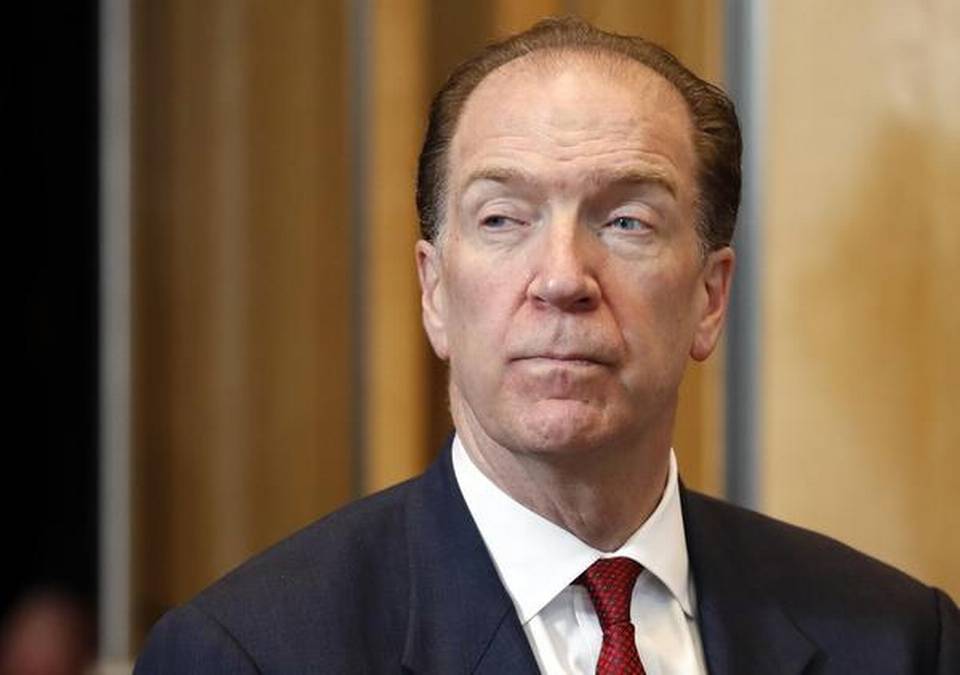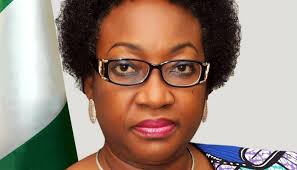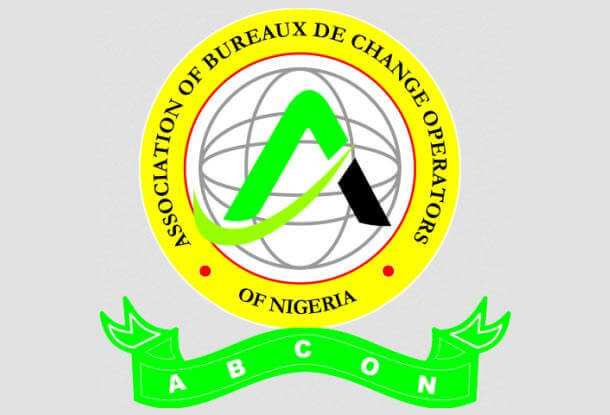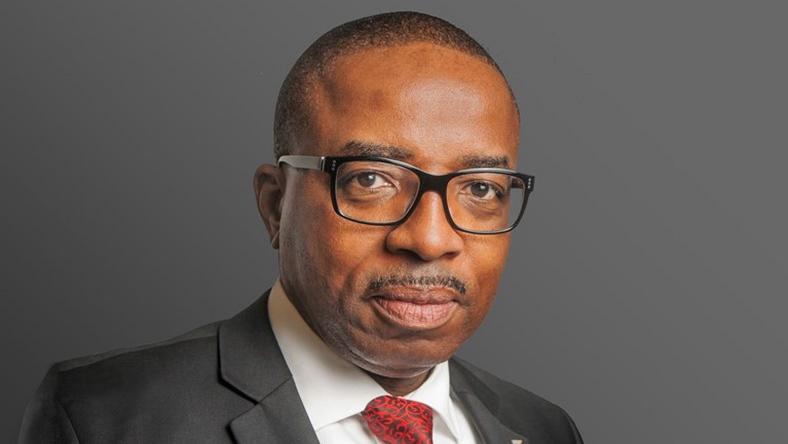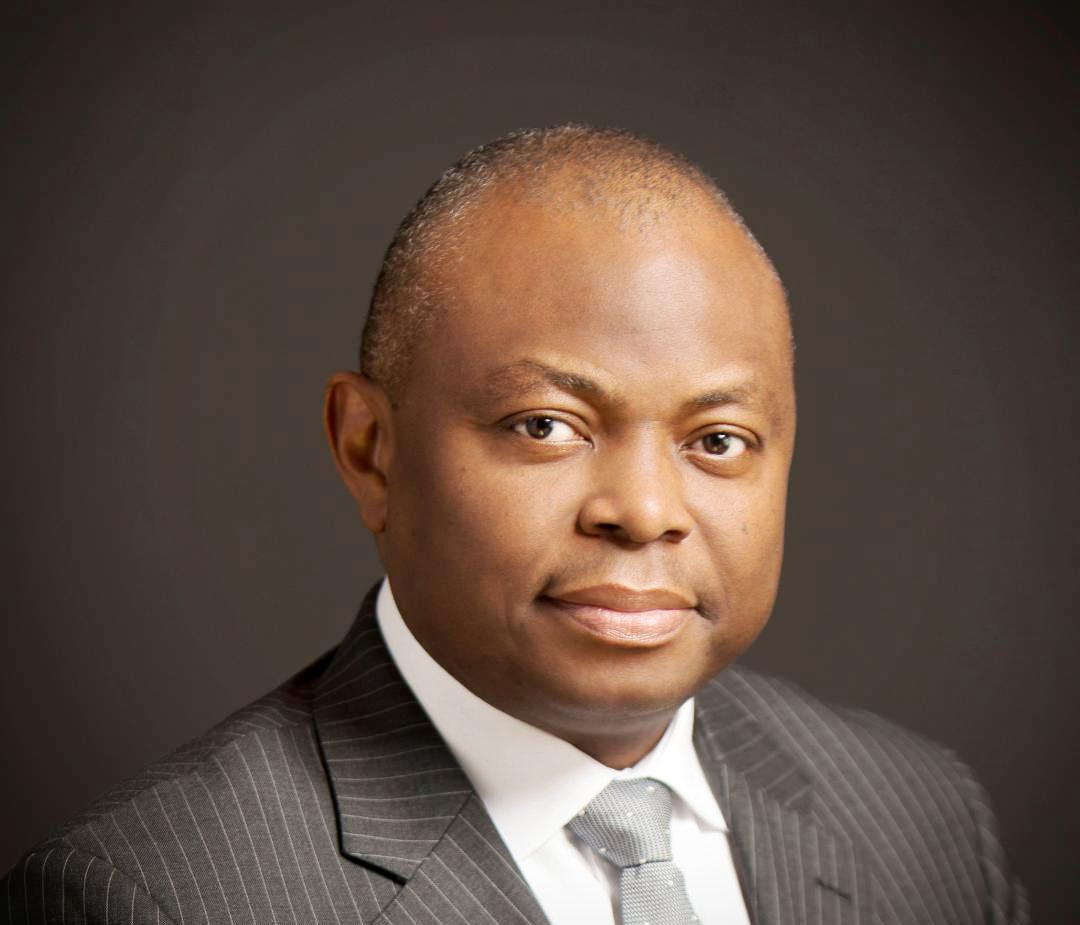The race for the 13th World Bank President has been won and lost as US President Donald Trump’s loyalist nominee and ageless United States international finance diplomat, David Malpass is named substantive replacement for Jim Yong-kim, who stepped down on February 1 to join an investment firm.
A graduate of Colorado College armed with MBA from the University of Denver, Malpass undertook advanced graduate work in international economics at the School of Foreign Service at Georgetown University.
A statement from the bank to Business Hilights disclosed that “The World Bank’s 25-member executive board unanimously approved 63-year-old Malpass, who is currently Under Secretary of Treasury for International Affairs, as the development lender’s 13th President for a five-year term beginning April 9”.
The bank further averred that “The Board looks forward to working with Mr Malpass on the implementation of the Forward Look and the capital package agreement as articulated in the Sustainable Financing for Sustainable Development Paper.
“Malpass previously served as Under Secretary of the Treasury for International Affairs for the United States. As Under Secretary, he represented the United States in international settings, including the G-7 and G-20 Deputy Finance Ministerial, World Bank-International Monetary Fund Spring and Annual Meetings, and meetings of the Financial Stability Board, the Organisation for Economic Cooperation and Development, and the Overseas Private Investment Corporation.
“In his role as Under Secretary, Malpass played a crucial role in several major World Bank Group reforms and initiatives, including the recent capital increase for International Bank for Reconstruction and Development and International Finance Corporation.”
Malpass was a senior economic adviser to the U.S. President during his 2016 election campaign.
David Malpass, a top U.S. Treasury official in Trump administration, was on April 5 unanimously selected as the new President of the World Bank.
He is to take over from Kristalina Georgieva, who has been acting as the interim President since February when Kim resigned.
He has been a longtime critic of global financial institutions, was nominated in February. No other countries had proposed any candidates to challenge him, making his selection by the board all but assured and delivered.
Business Hilights recalls that since the bank’s creation following World War II, all of its Presidents have been American men.
The World Bank President is Chair of Boards of Directors of the International Bank for Reconstruction and Development (IBRD) and International Development Association (IDA).
Additional details showed that the President is also ex officio Chair of Boards of Directors of the International Finance Corporation (IFC), Multilateral Investment Guarantee Agency (MIGA), and the Administrative Council of the International Centre for Settlement of Investment Disputes (ICSID).
As Under Secretary, Mr. Malpass represented the U.S. in international settings, including the G-7 and G-20 Deputy Finance Ministerial, World Bank-IMF Spring and Annual Meetings, and meetings of the Financial Stability Board, the Organisation for Economic Cooperation and Development, and the Overseas Private Investment Corporation.
Malpass was said to be instrumental in advancing the Debt Transparency Initiative, adopted by the World Bank and IMF, to increase public disclosure of debt and thereby reduce the frequency and severity of debt crises.
Ahead of his position as Under Secretary, he was an international economist and founder of a macroeconomics research firm based in New York City.
Apart from serving on the boards of the Council of the Americas, Economic Club of New York, and the National Committee on U.S.—China Relations, earlier time in his career saw Malpass serving as the U.S. Deputy Assistant Secretary of the Treasury for Developing Nations and Deputy Assistant Secretary of State for Latin American Economic Affairs. In these roles, he focused on an array of economic, budget, and foreign policy issues, such as the United States’ involvement in multilateral institutions, including the World Bank.

